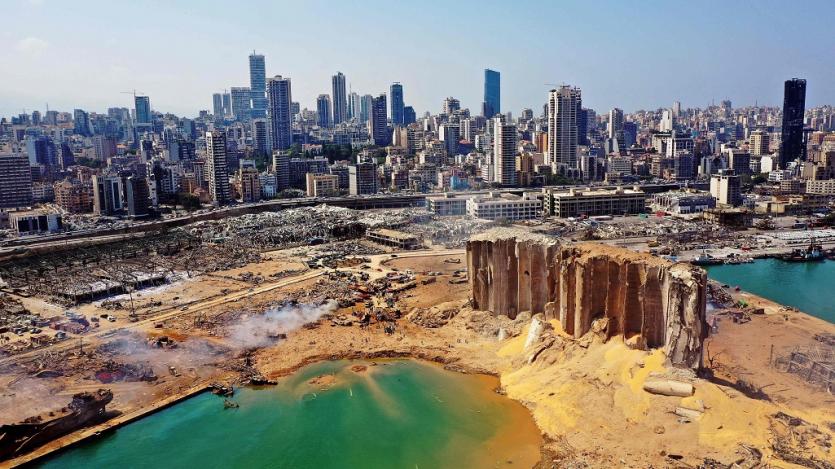Videos captured the toll of the deadly blast in Beirut that killed dozens of people and injured thousands. Photo:AFP
Lebanon - Poor containment of highly explosive material led to the deaths of many
By Patryk Krych | The World Daily | AUGUST 5th 2020
Thousands were injured, and thousands more shocked by the sudden blast that occurred in the Lebanese capital of Beirut on Tuesday, at around 6pm local time. Authorities have narrowed down the cause to be from a storage warehouse, where explosive material was thought to be incorrectly handled.
As of Wednesday, August 5, the total number of dead cannot be entirely calculated. However, of what is known, at least 100 are dead and 4,000 wounded. Lebanon's Health Minister, Hamad Hasan, warned that with the high number of people still reported missing, he fears there’s a good chance that the death toll has yet to rise.
“There are many people missing until now,” Hasan said. “People are asking the emergency department about their loved ones and it is difficult to search at night because there is no electricity. We are facing a real catastrophe and need time to assess the extent of damages.”
Officials are blaming highly explosive materials that have been stored at a warehouse near the city’s port for the past six years. The current, ongoing investigations are focusing on the material, consisting of an estimated 2,750 metric tons of the explosive ammonium nitrate, according to Lebanon’s Prime Minister, Hassan Diab.
Ammonium nitrate is a fairly dangerous substance, most often used either as fertiliser, or for explosives. It has a severe chemical reaction when making contact with fire, causing it to explode, and in the process releases nitrogen oxides and ammonia gas – two very toxic gasses. Laws around the storage of this material are strict, requiring their storage facilities to be fireproofed.
One witness near the port told the AFP news agency “All the buildings around here have collapsed. I'm walking through glass and debris everywhere, in the dark.”
The blast was a powerful one, having been heard as far away as on the island of Cyprus, 240km away from the city.






